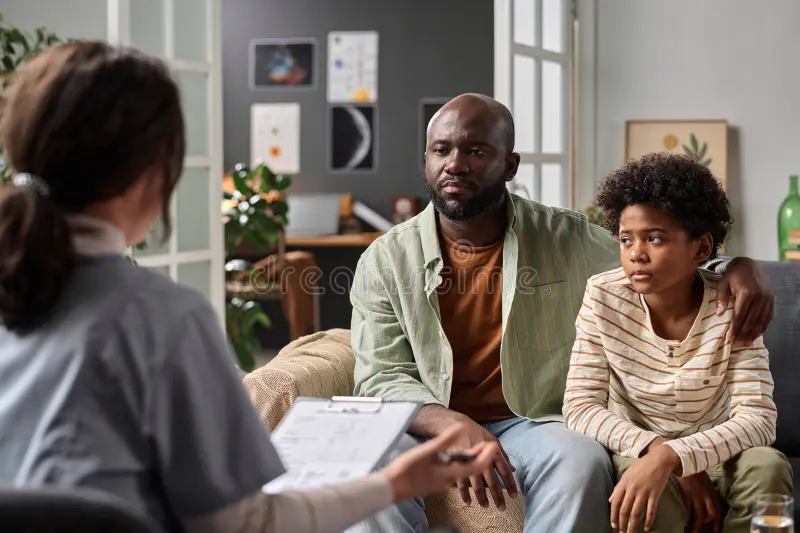24/7 Helpline:
(866) 899-221924/7 Helpline:
(866) 899-2219
Learn more about Group Therapy centers in Bryant
Group Therapy in Other Cities

Other Insurance Options

UnitedHealth Group

Magellan Health

Premera

Optima

Kaiser Permanente

Access to Recovery (ATR) Voucher

Health Net

Carleon

Horizon Healthcare Service

Regence

Ambetter

ComPsych

Excellus

CareFirst

Multiplan

Anthem

Lucent

Optum

Holman Group

Private insurance














